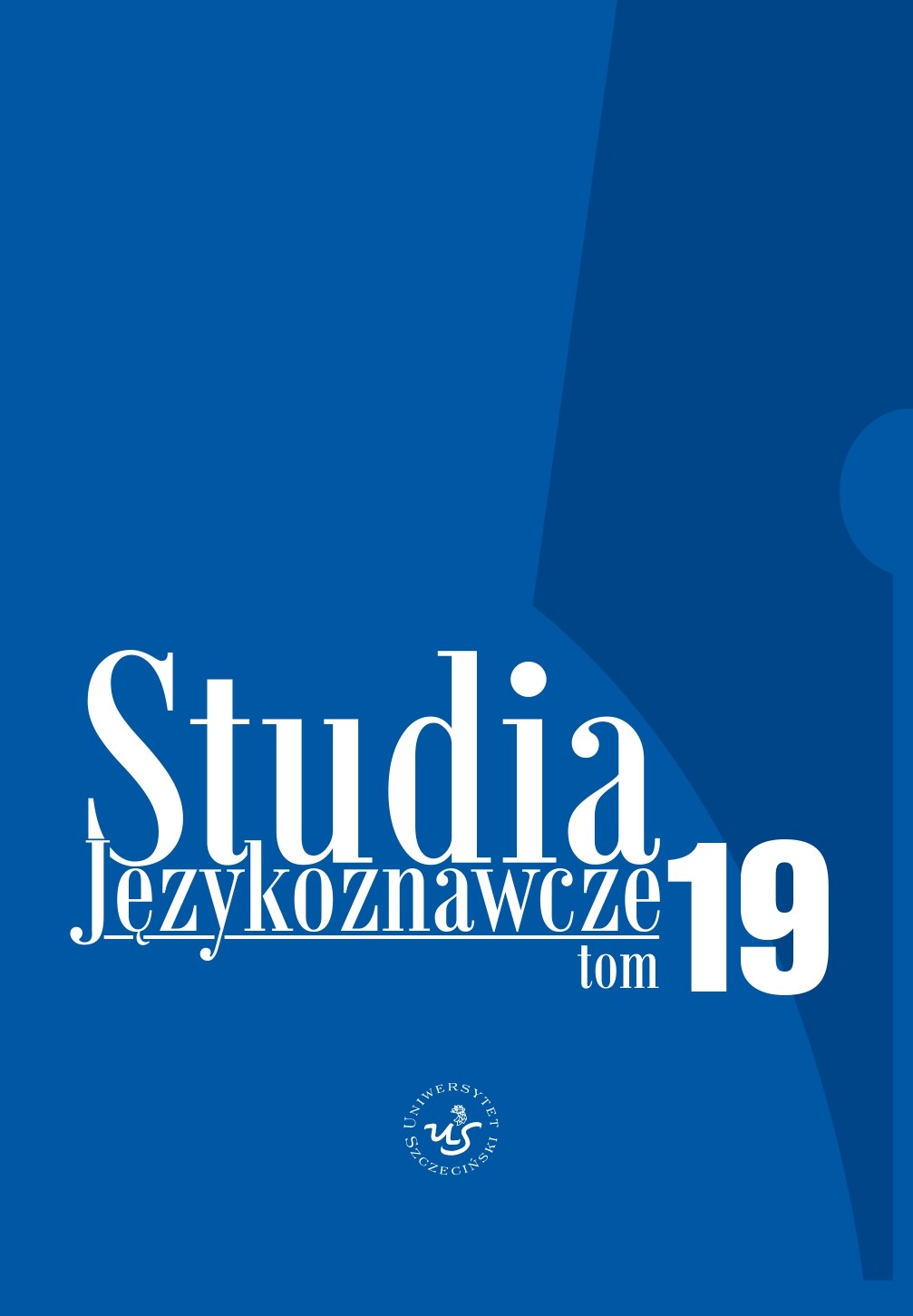Funkcja powtórzeń językowych w Uchu Igielnym Wiesława Myśliwskiego
The function of repetition in Ucho igielne of Wiesław Myśliwski
Author(s): Danuta KowalskaSubject(s): Language studies, Language and Literature Studies, Theoretical Linguistics, Applied Linguistics, Studies of Literature, Polish Literature, Stylistics
Published by: Wydawnictwo Naukowe Uniwersytetu Szczecińskiego
Keywords: stylistics; linguistic repetition; Wiesław Myśliwski; Ucho igielne
Summary/Abstract: The purpose of this study is to demonstrate the function of linguistic repetitions in the novel Ucho igielne of Wiesław Myśliwski. The subject of description are the repetitions of both lexical and syntactic units, as well as the units smaller than a word (morphemes) in a linear sequence of the text. The presented analysis shows that the writer skilfully uses the descriptions in various functions. First, they are an exponent of coherence of the text in which fragmentation of the segments of content can be noticed. Repetitions facilitate to follow the non-chronological narration, they signal continuity of a given theme within a given relation. Second, they are used as a stylistic means in an uttered monologue, therefore stylized as a spoken language, serving various purposes and primarily performing an impressive and expressive functions. Myśliwski also uses repetitions to create music of words, he confers to the text a kind of rhythm. Repetitions also visibly co-create the orality of the text as they are conducive to memorizing and making memory present. The remarkable power of repetition in the stylistic layer of the analysed work, its attractiveness, is also determined by a manner the writer uses this stylistic means. Myśliwski extremely carefully, in accordance with the rhetoric rules, constructs the composition of his work. Besides the syntactic parallelisms, we find examples of polyptotons and the etymological figures, apart from anaphors there are frequent anadiploses. Quite often repetitions draw the reader’s attention to the text itself, therefore being also one of the vehicles of the poetic function in the work.
Journal: Studia Językoznawcze. Synchroniczne i diachroniczne aspekty badań polszczyzny.
- Issue Year: 2020
- Issue No: 19
- Page Range: 219-245
- Page Count: 18
- Language: Polish

